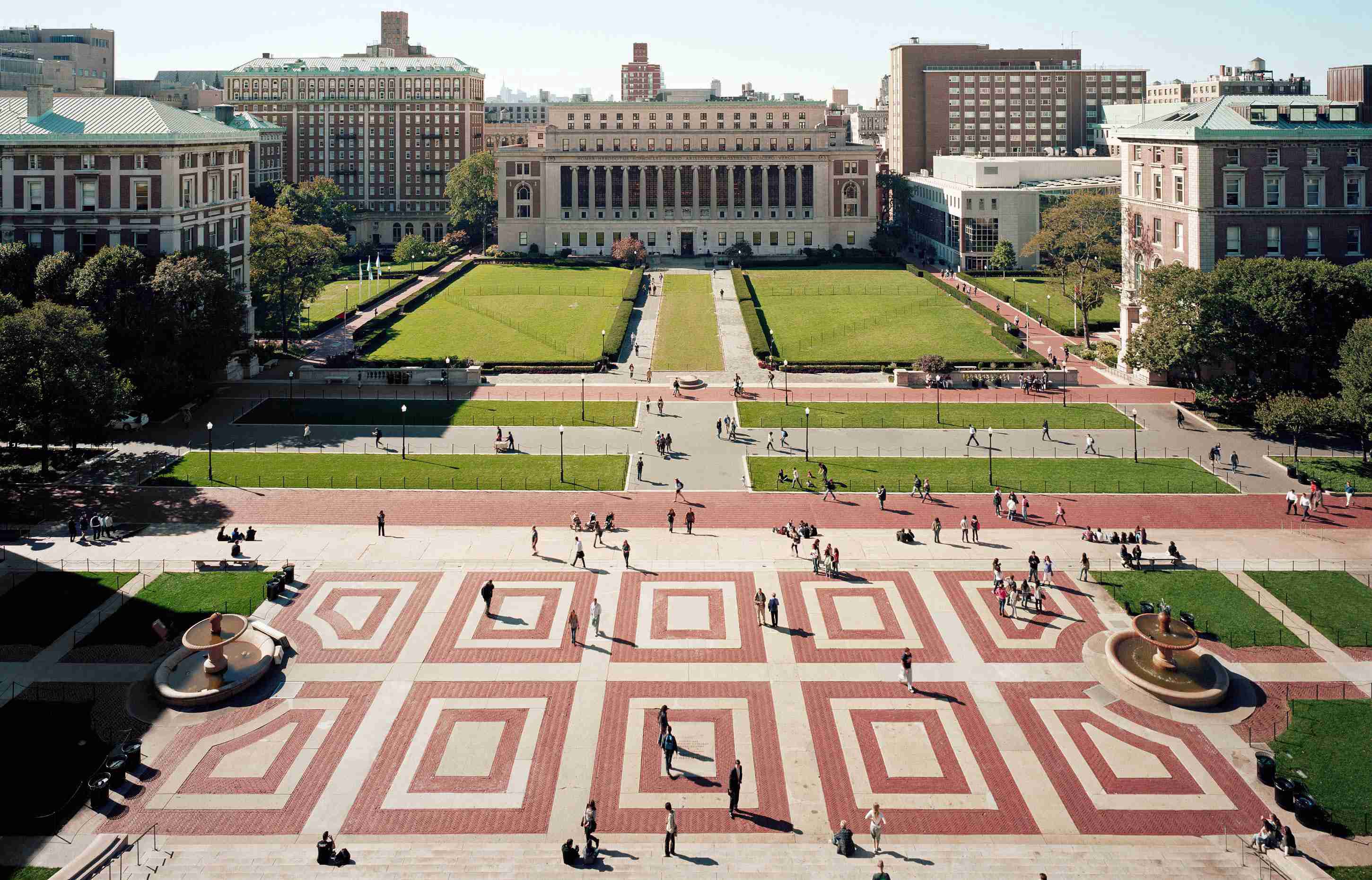SchoolOK全球留学系统数据库



- 15640101658
- info@schoolok.net
< 返回
艺术史-硕士MA
MA in Art History
基本信息
学位类型:
硕士
学制:
2年
开学时间:
秋季
申请截止日期:
12月14日
Offer截止时间:
12月14日
费用信息
申请费:
105美元
学费:
28230美元
申请要求
TOEFL分数要求:
总分:100,口语:100,写作:100
IELTS分数要求:
总分:7.5,口语:7.5,写作:7.5
申请材料
Transcript:
Applicants should upload a transcript or record (e.g. web-based transcripts, mark sheets, Relevé de Notes) of any academic work from each university-level institution you have attended for use in review of your application. Uploading a scanned copy of your transcript or academic record will expedite processing and review of your application.
Transcripts that are in a language other than English must be translated into English. The translation must be certified to be an accurate translation of the original and be notarized or otherwise authenticated. Both non-English and translated transcripts should be uploaded.
Curriculum Vitae:
The CV (2 pages maximum) should include education and academic accomplishments, awards and fellowships, internships and professional/teaching experience, and other academic-related activities (conferences, publications, etc.).
Personal Statement:
The statement of academic purpose should be a succinct statement of approximately 2-3 pages (double spaced) describing your past academic work and preparation related to your intended field of study, your plans for graduate study at Columbia, and your subsequent career objectives. If you intend to transfer from a graduate program at another university, please explain why you wish to do so. If you are not currently attending an academic program, please describe your activities since you were last enrolled. If there has been a break in your educational experience, please include a brief explanation.
Recommendation Letter:
Letters of recommendation should ideally be from professors and scholars who can speak to the applicant's abilities and suitability for graduate study at Columbia. Typically, letters come from art and architectural historians or archaeologists, professors who have taught or supervised the applicant in college or at the Masters level, but a letter from an academic in another discipline, preferably the humanities, would be acceptable. Letters from museum professionals are acceptable. The referee ought to know the applicant well, know his or her work, and know what his or her goals are. The letters of reference are an important component of the application.
Writing Sample:
The writing sample is a very important component of the application. It should be an example of your best scholarly writing. Typically, the writing sample will be an excerpt from an undergraduate senior thesis, a seminar paper, or an article or other published work; it should be a critical or scholarly work in art history or a closely related field that demonstrates the candidate's skills in research and interpretation. The writing sample should be between 10-15 pages (essay and footnotes ONLY) and read as a complete essay.
Note: Applicants can submit up to 10 additional pages to include a bibliography and/or images ONLY.
Applicants should upload a transcript or record (e.g. web-based transcripts, mark sheets, Relevé de Notes) of any academic work from each university-level institution you have attended for use in review of your application. Uploading a scanned copy of your transcript or academic record will expedite processing and review of your application.
Transcripts that are in a language other than English must be translated into English. The translation must be certified to be an accurate translation of the original and be notarized or otherwise authenticated. Both non-English and translated transcripts should be uploaded.
Curriculum Vitae:
The CV (2 pages maximum) should include education and academic accomplishments, awards and fellowships, internships and professional/teaching experience, and other academic-related activities (conferences, publications, etc.).
Personal Statement:
The statement of academic purpose should be a succinct statement of approximately 2-3 pages (double spaced) describing your past academic work and preparation related to your intended field of study, your plans for graduate study at Columbia, and your subsequent career objectives. If you intend to transfer from a graduate program at another university, please explain why you wish to do so. If you are not currently attending an academic program, please describe your activities since you were last enrolled. If there has been a break in your educational experience, please include a brief explanation.
Recommendation Letter:
Letters of recommendation should ideally be from professors and scholars who can speak to the applicant's abilities and suitability for graduate study at Columbia. Typically, letters come from art and architectural historians or archaeologists, professors who have taught or supervised the applicant in college or at the Masters level, but a letter from an academic in another discipline, preferably the humanities, would be acceptable. Letters from museum professionals are acceptable. The referee ought to know the applicant well, know his or her work, and know what his or her goals are. The letters of reference are an important component of the application.
Writing Sample:
The writing sample is a very important component of the application. It should be an example of your best scholarly writing. Typically, the writing sample will be an excerpt from an undergraduate senior thesis, a seminar paper, or an article or other published work; it should be a critical or scholarly work in art history or a closely related field that demonstrates the candidate's skills in research and interpretation. The writing sample should be between 10-15 pages (essay and footnotes ONLY) and read as a complete essay.
Note: Applicants can submit up to 10 additional pages to include a bibliography and/or images ONLY.
录取要素
学位要求:Bachelor
课程要求:Art history, archaeology or other fields related to art history
申请链接:http://www.columbia.edu/cu/arthistory/graduate/ma-apply.html
招生电话:(212) 854-6729
招生邮箱:gsas-admissions@columbia.edu
邮寄地址:GSAS Office of Admissions, Columbia University, 107 Low Library, MC4303, 535 West 116th Street, New York, NY 10049
课程要求:Art history, archaeology or other fields related to art history
申请链接:http://www.columbia.edu/cu/arthistory/graduate/ma-apply.html
招生电话:(212) 854-6729
招生邮箱:gsas-admissions@columbia.edu
邮寄地址:GSAS Office of Admissions, Columbia University, 107 Low Library, MC4303, 535 West 116th Street, New York, NY 10049
留学资讯

纽约大学理工学院录取标准有多高?
- 申请条件 - 本科申请
- 2024-10-09
纽约大学理工学院 (Polytechnic Institute of New York University)位于纽约市布鲁克林,属于私立大学,计算机等领域有较强优势。其前身为纽约科技大学,是公认的计

世界顶尖大学托福要求汇总!
- 留学阶段 - 语言考试
- 2024-01-27
今天小编按照目前最新的2024年QS世界大学排名,以及2023年QS学科排名,整理了世界最顶尖大学的托福要求!众所周知,语言成绩对留学申请的重要性不言而喻。

美国威斯康星大学官宣:5年内扩招一倍国际生!
- 留学阶段 - 选择学校
- 2024-01-27
如果要问哪些公立大学低调有实力,且对留学生超友好的话,威斯康星大学系统一定要拥有姓名。近日它宣布一则重磅消息:未来五年内,要将国际学生人数增加一倍。
